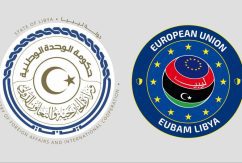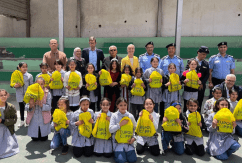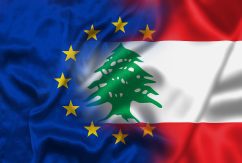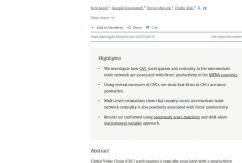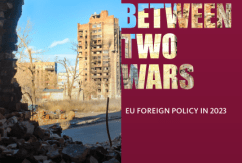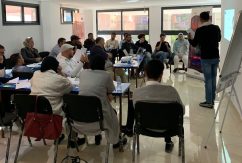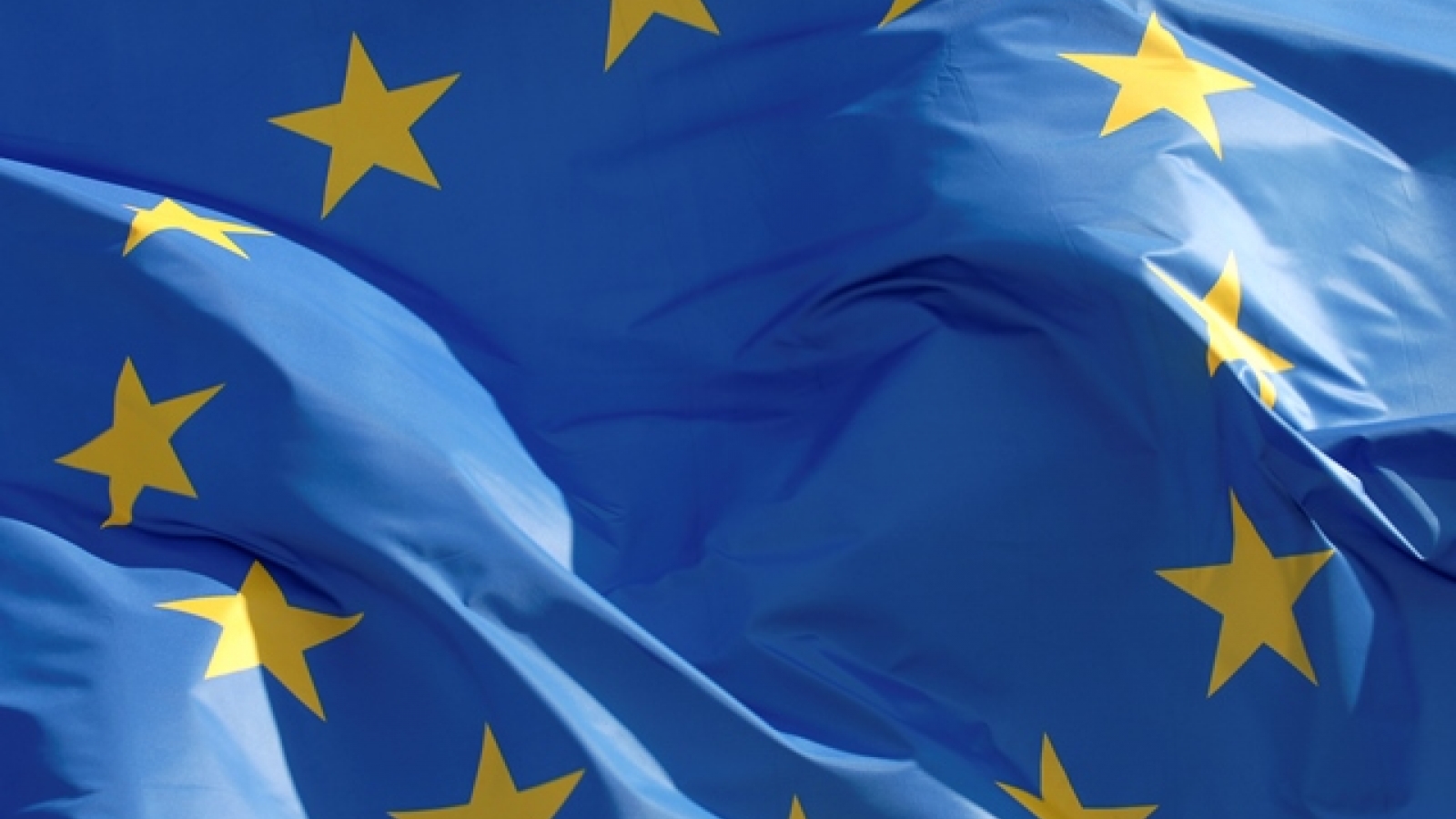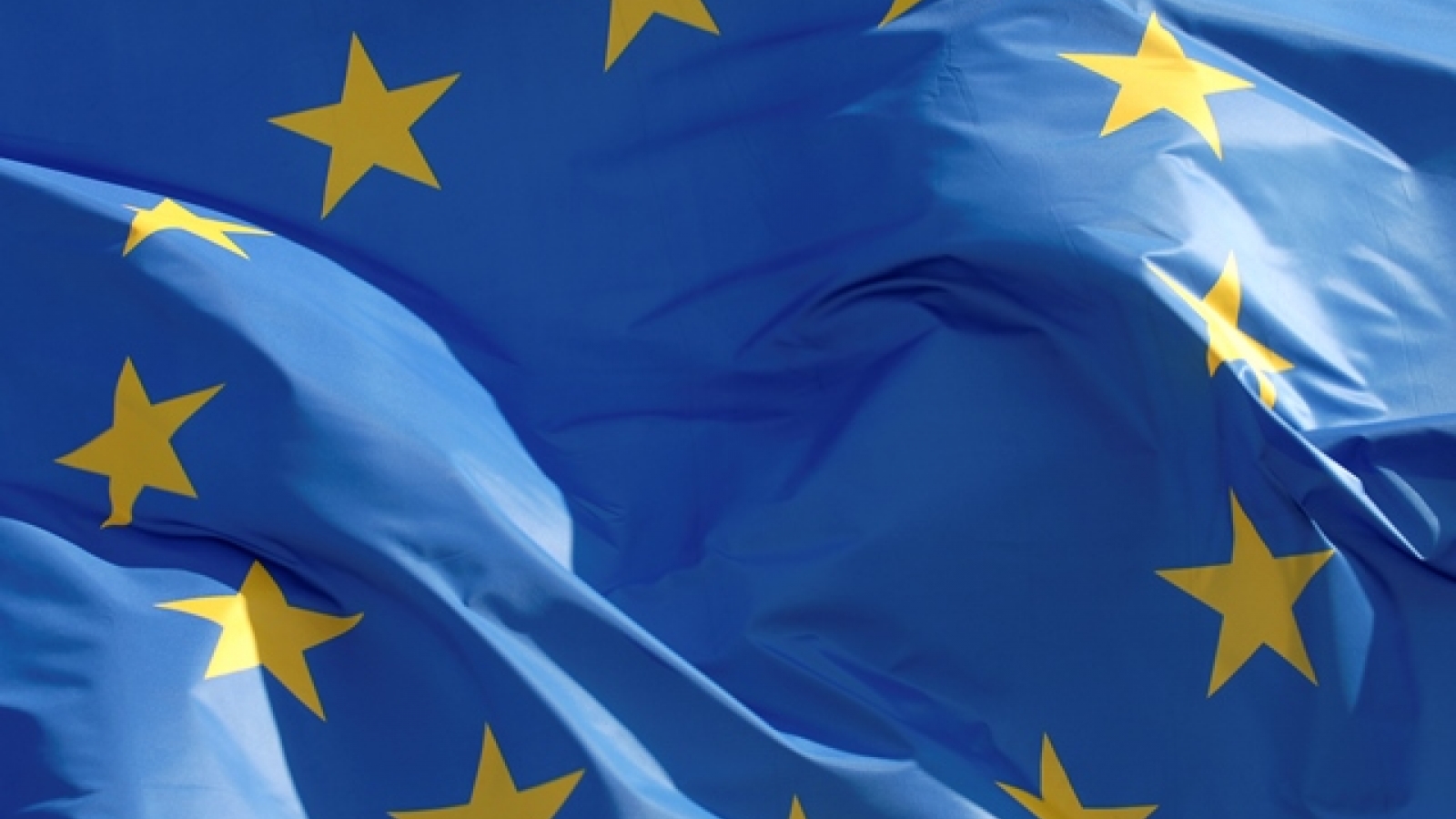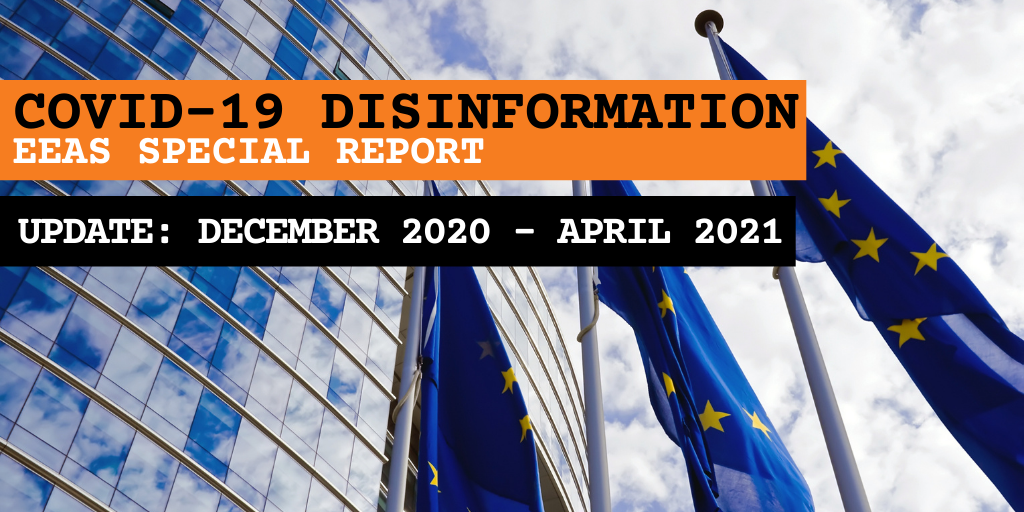Syria: EU sanctions drug trade benefitting the regime
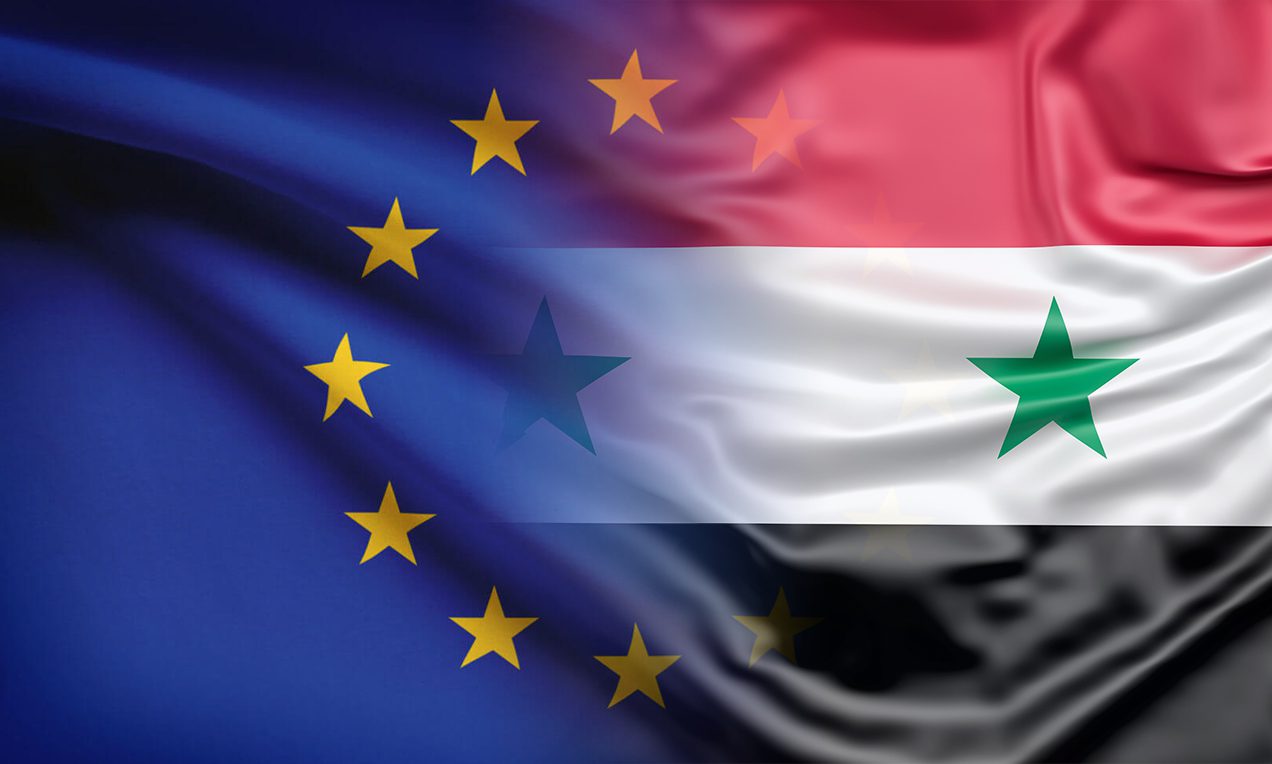

The Council of Europe decided to list 25 individuals and 8 entities in the framework of EU restrictive measures in view of the situation in Syria.
The majority of today’s designations target individuals and entities responsible for the production and trafficking of narcotics, notably Captagon. The trade in amphetamine has become a regime-led business model, enriching the inner circle of the regime and providing it with revenue that contributes to its ability to maintain its policies of repression against the civilian population. For this reason the Council designated various members of the Assad family – including multiple cousins of Bashar al-Assad, leaders and members of regime-affiliated militias and businesspeople with close ties to the Assad family, as well as persons associated with the Syrian army and the Syrian military intelligence.
The remaining designations concern private security companies operating in Syria, such as Al-Jabal Security and Protection, Castle for Security and Protection and Aman for Protection and Security, and individuals and entities linked to them. These companies also act as shell companies for regime-affiliated militia and support them though activities such as the recruitment of members.
The Council has assessed that regime-affiliated militias support the Syrian regime in its repressive policies, commit abuses of human rights and violations of international humanitarian law on behalf of the Syrian regime, and that their members present a serious risk of further committing such violations. Lastly, the Council listed the Russian engineering and construction company Stroytransgaz and Gecopham, an entity controlled by the Syrian Ministry of Petroleum and Mineral Resources, for providing support to the regime.
With this decision, the list of people and entities subject to sanctions in view of the situation in Syria now includes 322 persons, targeted by both an assets freeze and a travel ban, and 81 entities subject to an assets freeze. In addition, EU persons and entities are forbidden from making funds available to both listed individuals and entities.
